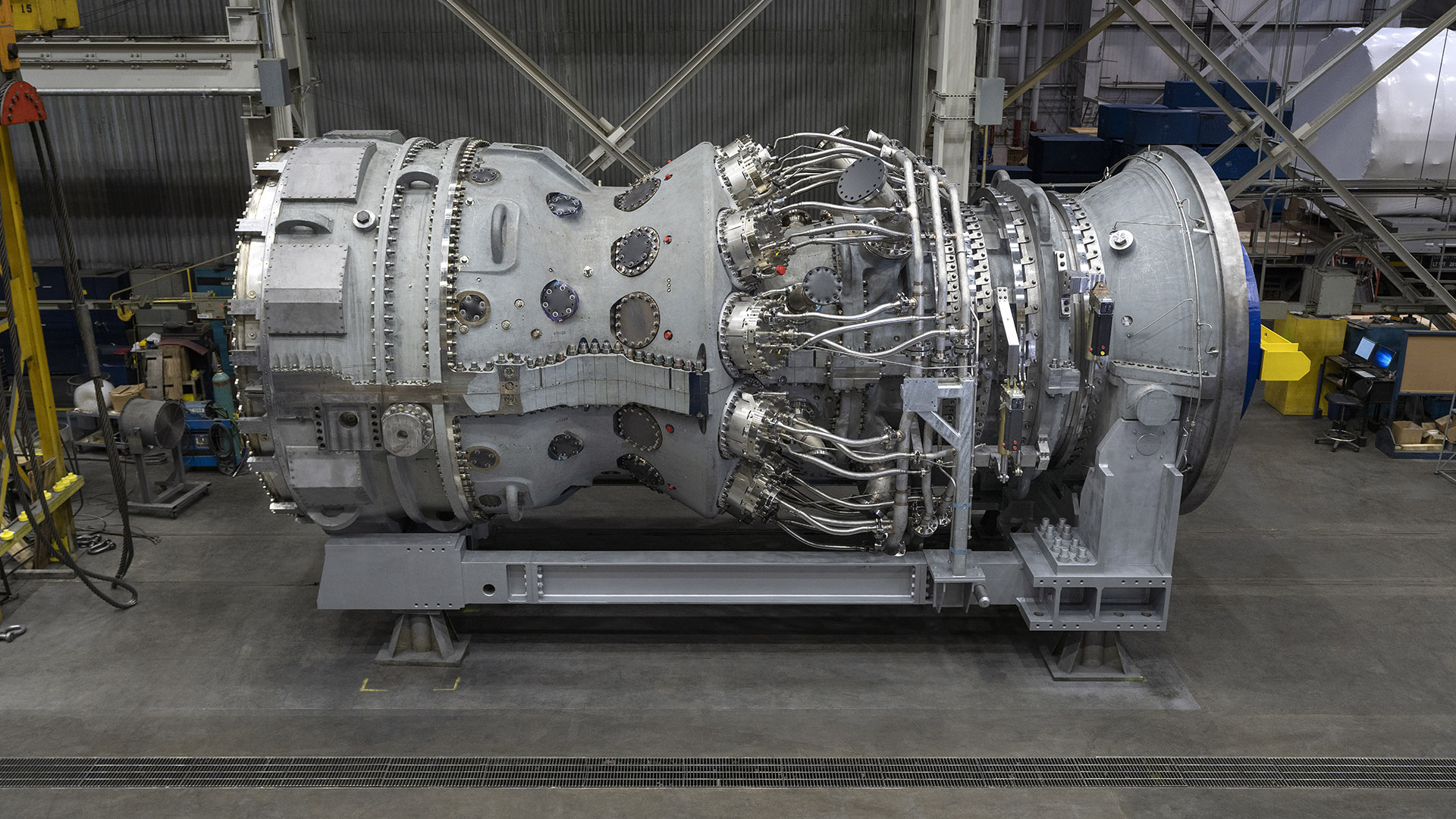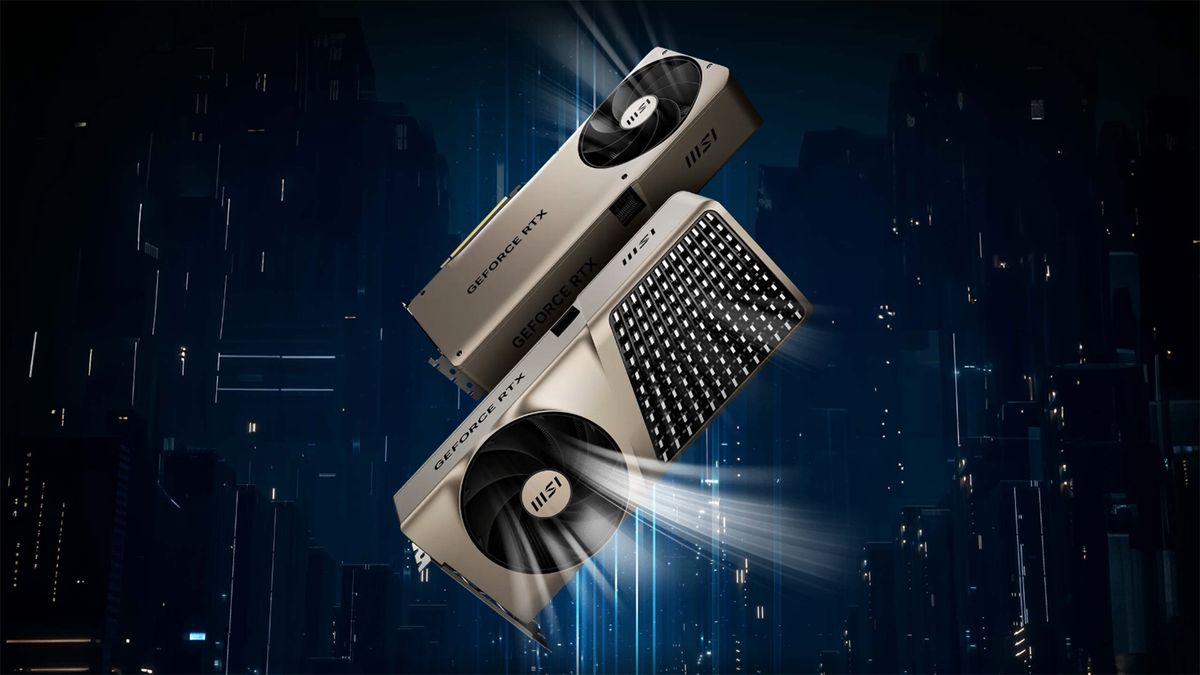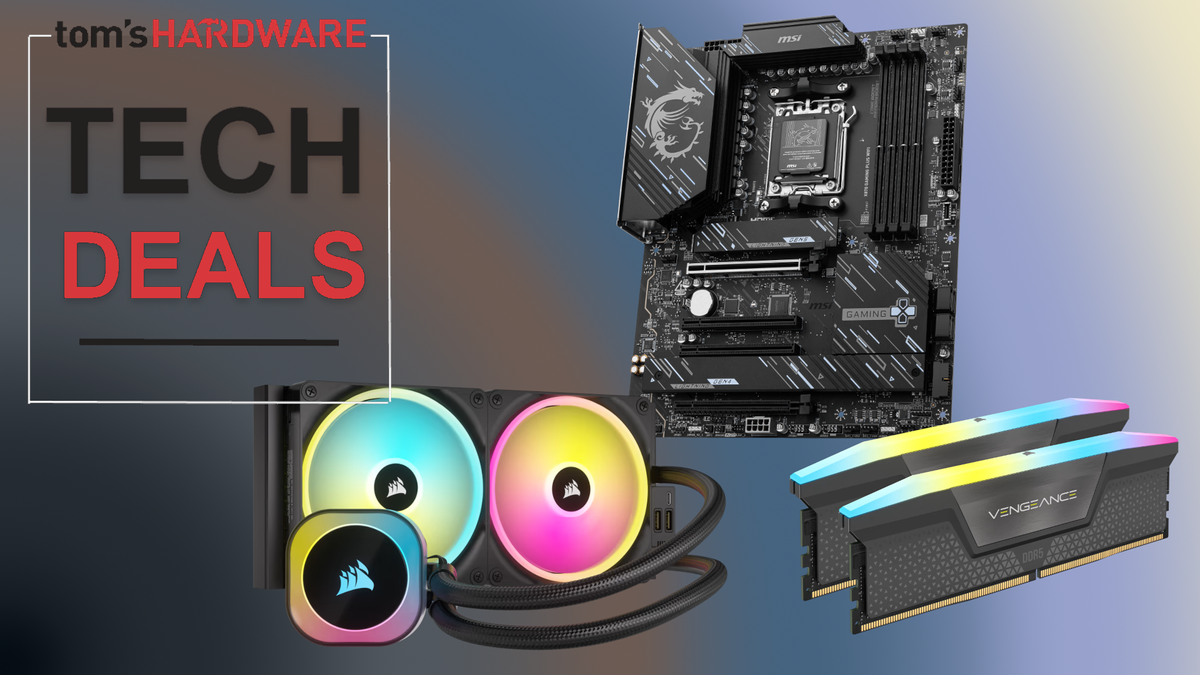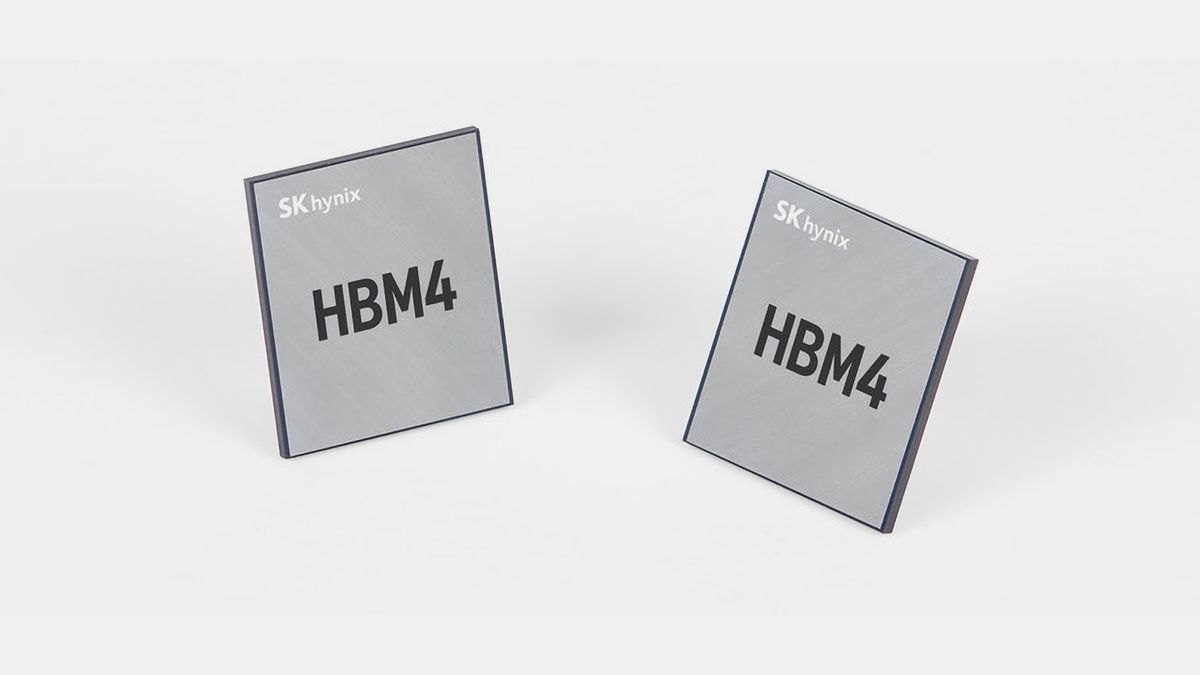OpenAI is following in the steps of Elon Musk and is reportedly planning to deploy gas turbines at its first Stargate data center site in Abilene, Texas. According to a SemiAnalysis post on X, 29 GE Vernova LM2500XPRESS gas turbines have reportedly been acquired for the data center, with each one capable of producing 34MW. If all the turbines are installed on the site, it would mean a total output of 986MW — nearly enough energy to power 500,000 GB200 NVL72 chips.
Crusoe, the AI infrastructure company building the first OpenAI Stargate data center, just announced that it has acquired these turbine generators “to provide flexible and efficient power to energy intense data centers supporting AI applications.” The GE LM2500EXPRESS units are described as having the quick response of jet engines, allowing them to adjust their output quickly and ensure a smooth transition between sources, thereby maintaining continuous power. They also come with Selective Catalytic Reduction (SCR) technology, reducing nitrogen oxide emissions.
Power supply is one of the biggest issues facing data center deployments, with the grid sometimes struggling to provide the required power — this results in increased prices for everyone and reduced power quality. This has gotten to the point that Musk himself bought a power plant overseas and plans to ship it to the U.S. to deliver the electrical requirements of his new data center. In the meantime, Elon Musk deployed portable power generators at the Memphis Supercluster to ensure sufficient supply — a move that has raised the ire of residents due to pollution concerns.
However, Stargate 1 currently only has permits for 10 turbines at the site. It could be that permits for the other 19 turbines are still in process with the local government, or they are planned to be deployed at other sites that Crusoe is building (or they could be following Musk’s example of allegedly running under-reported power generators). But whatever the case, this shows how tech giants are looking for solutions to the power issue that AI data centers currently face.
Many companies, including Microsoft, Meta, Google, Oracle, and more, in the AI race are also investing in small modular reactor (SMR) technology, which would allow them to deploy nuclear power near their data center sites relatively quickly. However, this technology is still under development, with its first deployment not expected until the 2030s, if it will hit the market at all. In the meantime, importing power plants and running gas turbines is the industry’s temporary solution to the power supply problem.
Follow Tom's Hardware on Google News to get our up-to-date news, analysis, and reviews in your feeds. Make sure to click the Follow button.

 4 months ago
55
4 months ago
55






 English (US) ·
English (US) ·